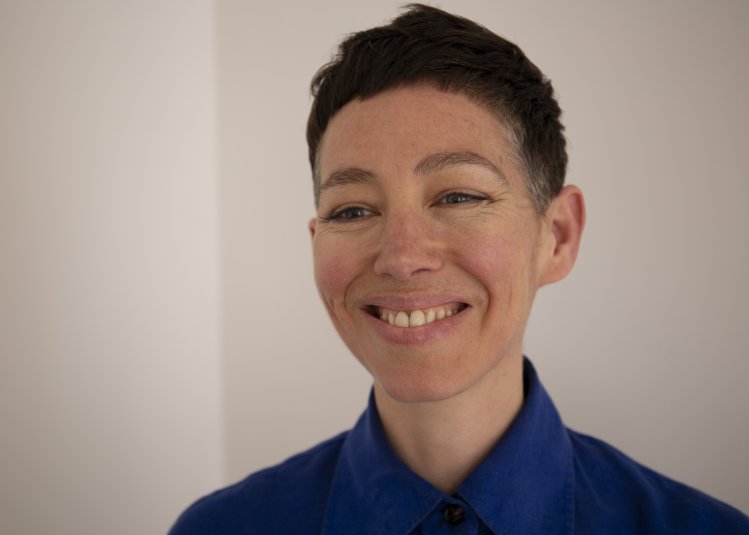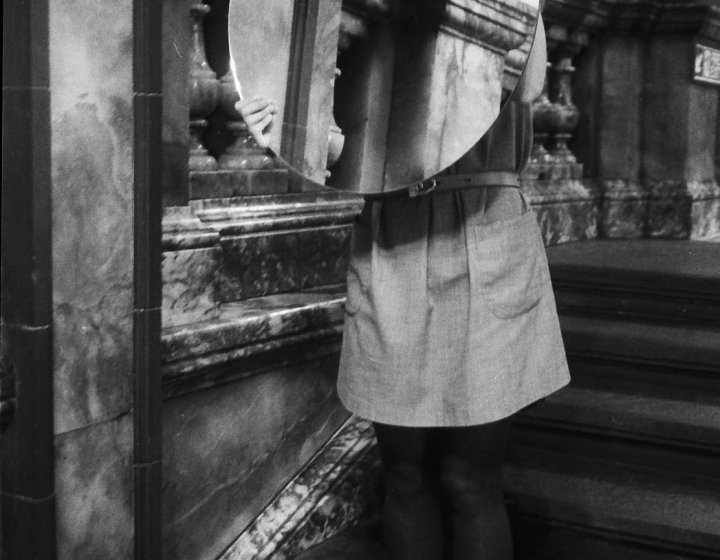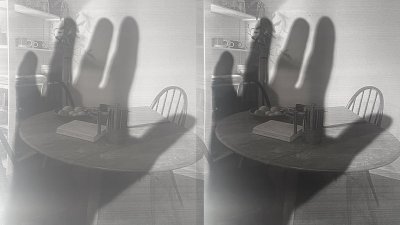Project details
| Project leads | Josie Cockram & Sarah Tripp |
|---|---|
| Centre alignment | Centre for Pedagogy Futures |
| Start date | June 2025 |
| End date | Ongoing |
Founded by Josie Cockram and Sarah Tripp, this research group meet monthly online and provide a space to experiment and test new ways of teaching in online spaces, as well as to offer and receive peer review. Drawing on the principles of commoning, we share resources, our experiences and ambition to support a practice-led research-base – and a dynamic ethics of practice – for art education online.
This research group aims:
- To provide a space for artist-led, collaborative and interdisciplinary pedagogical experimentation and peer review
- To contribute to an emerging research-base for innovative online art education and the development of a set of principles for decentred, anti-oppressive and meaningfully inclusive pedagogical practice – a practice-based ethics of renewal
- To establish a forum for knowledge exchange and partnership between Falmouth University, The Glasgow School of Art and academics internationally
Our research project begins with Maria Migueliz Valarlos’1 review of anti-oppressive pedagogies in online learning1 . From here we are making a space to work together to establish an ethics of online engagement, born of artist-led, practice-based and playful experimentation.
Josie and Sarah met through UAL’s Creative Education Online seminar series, a research network of artists interested in resourcing their online teaching practice. We’ve found an optimism and buoyancy within virtual and online pedagogical thought and practice that we’re excited to be part of. Our conversation is grounded in our commitment to a meaningfully inclusive and accessible education, prioritising emotional engagement, active listening and learners’ process. We are open to learning more deeply through the arts – the arts as a means of learning about anything and everything – an ultimately vigorous and irreverent mode of learning. Art as a way into everything and many things at once, for everyone.
We are committed to more deeply understanding what a decentred art education could be in practice. We want to explore anti-oppressive pedagogies that can enable us to make together with students, and each other, when not in the same, proximate place; teaching experimental practice, at a distance, out of sync.
Despite the confining conditions of HE in these times, we hold fast to the possibilities for learning through art: art as the means, not as the end in itself. And we sense a space online where we can tune into both the specificity of place and the expansiveness of simultaneity – to the many contexts we might be alive to – without flattening difference and distance. We notice that in the movement from the asynchronous into the synchronous and back into the synchronous there is breathing space. These temporal shifts can allow for reflection and for the shifts of perspective that can build diverse communities, strengthen communication between learners – and researchers – and permit the ongoingness of foundational relationships to the places and spaces where we live, make art and teach.
Together, we are experimenting with: DIY view-finders, obscured and blurred lenses, being ‘body buddies’2, deep listening to acoustic vibrations from afar, lucid dreaming, haptic navigation, telepathic choreography. We borrow from the listening practice of audio transcription, the ‘longertermism’ of the second body3, the non-verbal communication of play4. We can make time to play with time – attending to the ‘irregular polyrhythm’5 of distance learning, the breaks, the dropped connections, the interruptions, the diverse and different locations, spaces in-between.
1 Migueliz Valcarlos, Maria et al. 2020. ‘Anti-oppressive pedagogies in online learning: a critical review’. Distance Education, Volume 41, Issue 3.
2 The ‘body buddy’ is a role that students on MA Fine Art Online at Falmouth have offered to each other in trust – enabling one person's body to act as a host or mediator to another, to facilitate a phenomenological exploration at a distance.
3 D. Hildyard, The Second Body, Fitzcarraldo Editions, 2017, 9
4 The World Technique, Margaret Lowenfeld https://lowenfeld.org/the-world-technique/
5 Moten, F; Harney, Sand Shukaitis, S. 2021. ‘Refusing Completion’. e-flux journal, Issue #116
Project team

Josie Cockram
Course Lead, MA Fine Art (Online)
Josie is an artist, Senior Lecturer and contemporary art curator based in Devon, UK. As Course Leade...

Dr Sarah Tripp
Dr Sarah Tripp is an artist, researcher and lecturer at The Glasgow School of Art. Image credit: Photograph by Francis McKee
Partners

